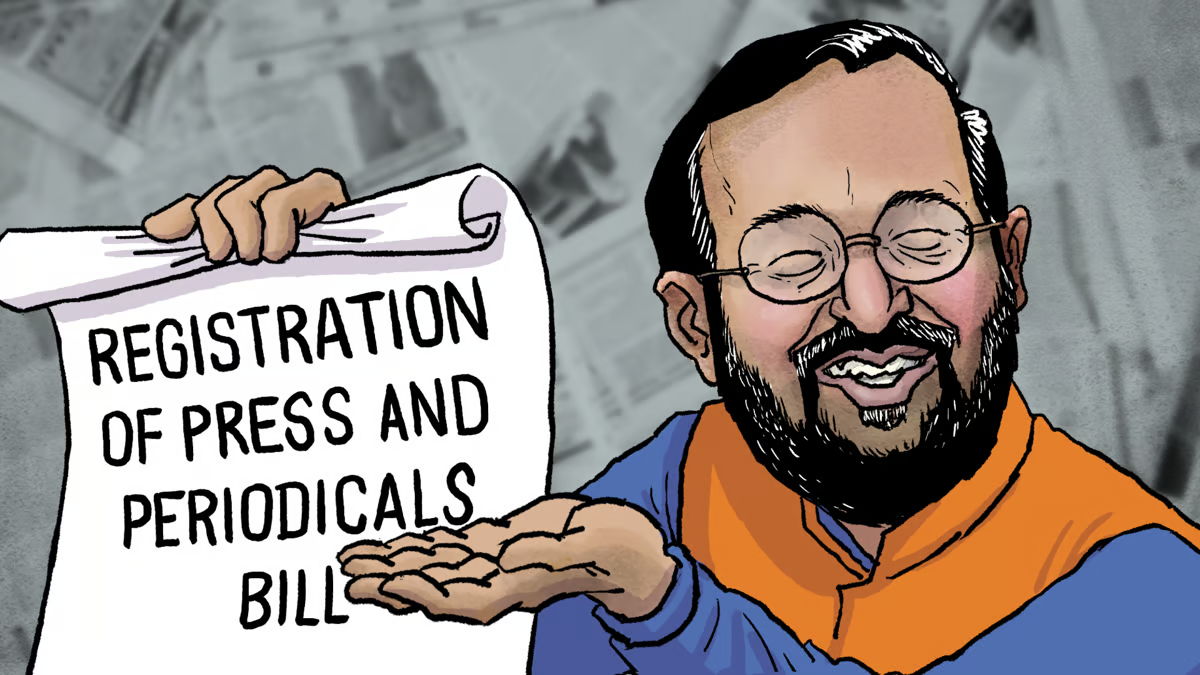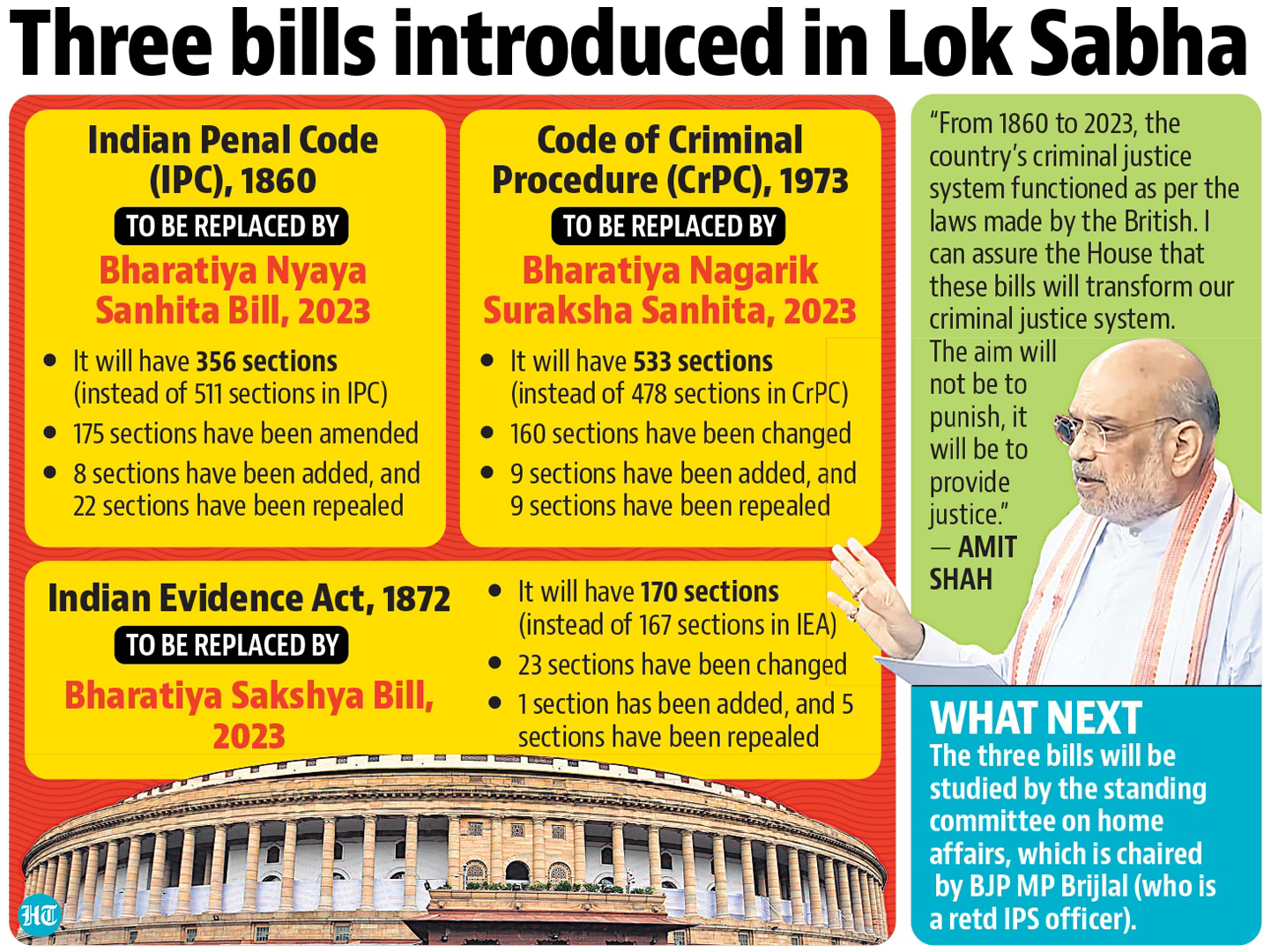
Lawyers not under Consumer Protection Act (CPA)
Subscribers of "Current Affairs" course can Download Daily Current Affairs in PDF/DOC
Subscribe to Never Miss an Important Update! Assured Discounts on New Products!
Must Join PMF IAS Telegram Channel & PMF IAS History Telegram Channel
- Context (TOI I IE): The SC held that advocates are not liable for service deficiencies under the Consumer Protection Act 1986 and cannot be sued for poor service in consumer courts.
- The judgment stems from an appeal against the 2007 NCDRC decision that lawyers’ services fall under Section 2(O) of the CPA, 1986.
- If there is any deficiency in service, the NCDRC held that a complaint could be filed under the CPA.
- SC is also considering whether medical professionals should be protected from CPA.
SC’s Ruling
- The success of “professionals” often depends on factors outside their control.
- Clients cannot take legal action against their lawyers by claiming they did not provide proper “service” as per the CPA.
- A lawyer’s services must be treated differently from any other business or trade.
- The distinction between the terms ‘business’ and ‘trade’, which imply a commercial interest, and the term ‘profession’, which involves a specialised branch of learning or science, is crucial.
- An advocate’s actions affect not only the client but the entire justice delivery system, making it “unique.”
- The term ‘service’ is defined very broadly under the CPA but excludes free services and contracts of personal service.
- The advocate and client enter into a contract of personal service, which cannot be a source of challenge under the CPA.
- SC’s decision in Indian Medical Association v V.P. Shantha (1995) — where the court held that services by medical practitioners would fall under the CPA — should be revisited.
Petitioner’s Argument
- The legal profession must be differentiated from other businesses or trades, and even among other professions, lawyers occupy a unique space.
- Lawyers cannot act as a “mouthpiece” for their clients even after payment of fees as lawyers have duties to the court and their opponent as per the Bar Council of India Rules, 1961.
- As a part of a lawyer’s duty toward the court, they must “refuse to represent clients who insist on unfair means.
- Lawyers do not have control over the outcome of a case due to the complexity of legal issues, which involve intricate statutes and case laws and often lack a definitive answer.
- Legal outcomes are also dependent on the strategies of the opposing side.
- Unlike medicine, where a universal standard of care exists, no such objective standard applies in law due to each lawyer’s unique style of advocacy.
- The Advocates Act of 1961 provides remedies for professional misconduct, and the Advocates Act gives Bar Councils (both at the state and national level) disciplinary powers in such cases.
- The Advocates Act would be applied rather than the CPA regarding advocates’ conduct.
Consumer Protection Act, 2019
- It came into force in 2020.
- The new act will be swift and less time-consuming compared to the older CPA, 1986, in which single-point access to justice was given, making it a time-consuming exercise.
- The old act provided for a three-tier consumer dispute redressal machinery at the National (National Consumer Disputes Redressal Commission), State and District levels.
Provisions of the Act
- The CPA 2019 establishes the Central Consumer Protection Authority (CCPA), whose primary objective is to promote, protect, and enforce consumer rights.
- It is empowered to:
- Conduct investigations into violations of consumer rights and institute complaints/prosecution.
- Order recall of unsafe goods and services.
- Order discontinuance of unfair trade practices and misleading advertisements.
- Impose penalties on manufacturers/endorsers/publishers for misleading advertisements.
Product Liability
- A manufacturer, service provider, or seller must compensate for injury or damage caused by defective products or deficient services.
- Basis for product liability action:
- Manufacturing defect.
- Design defect.
- Deviation from manufacturing specifications.
- Not conforming to express warranty.
- Failing to contain adequate instructions for correct use.
- Service provided-faulty, imperfect or deficient.
Punishment for Manufacture or Sale of Adulterated/Spurious Goods
- For a first conviction, a court may suspend the person’s license for up to two years.
- For subsequent convictions, it may cancel the license permanently.
Alternate Dispute Resolution Mechanism of Mediation
- A complaint will be referred by a Consumer Commission for mediation wherever scope for early settlement exists and parties agree to it.
- The mediation will be held in the Mediation Cells, which will be established under the aegis of the Consumer Commissions.
- There will be no appeal against settlement through mediation.
Simplification of the Consumer Dispute Adjudication Process
- Empowering the State and District Commissions to review their own orders.
- Enabling a consumer to file complaints electronically and in consumer commissions that have jurisdiction over the place of his residence.
- Video-conferencing for hearing and deemed admissibility of complaints if the question of admissibility is not decided within the specified period of 21 days.
Other Rules and Regulations
- As per the Consumer Disputes Redressal Commission Rules, there will be no fee for filing cases up to Rs. 5 lakh.
- The credit for the amount due to unidentifiable consumers will go to the Consumer Welfare Fund (CWF).
- State Commissions will furnish the GOI with quarterly information on vacancies, disposals, the pendency of cases, and other matters.
- The Central Consumer Protection Council Rules provide for the constitution of the Central Consumer Protection Council (CCPC):
- It will be an advisory body on consumer issues
- It will be headed by the Union Minister of Consumer Affairs, Food and Public Distribution, with the Minister of State as Vice Chairperson and 34 other members.
- It will have a three-year tenure and will have a Minister-in-charge of consumer affairs from two States in each region—North, South, East, West, and North-East Region.
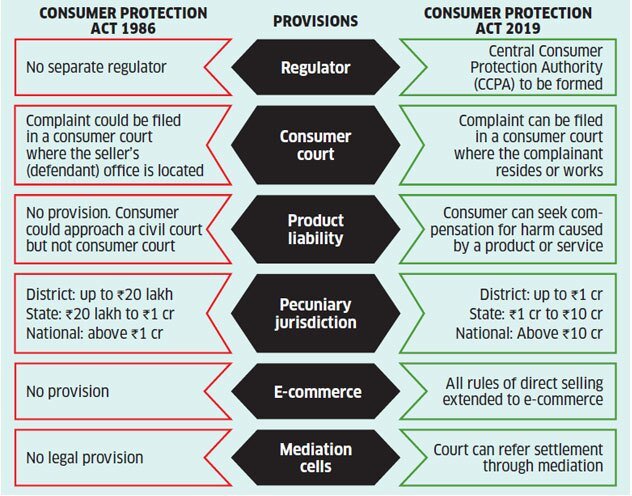
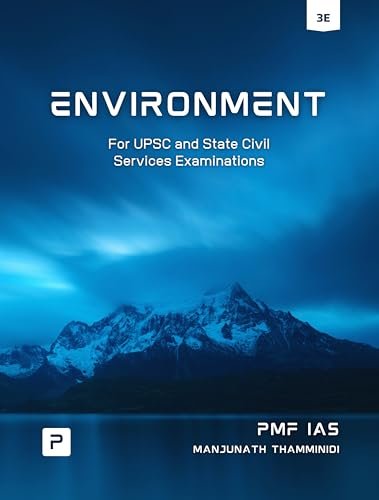

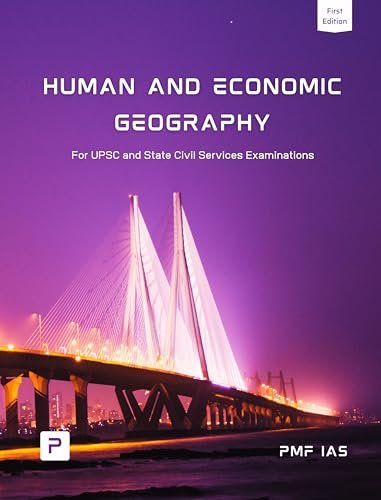




![PMF IAS Environment for UPSC 2022-23 [paperback] PMF IAS [Nov 30, 2021]…](http://pmfias.b-cdn.net/wp-content/uploads/2024/04/pmfiasenvironmentforupsc2022-23paperbackpmfiasnov302021.jpg)

